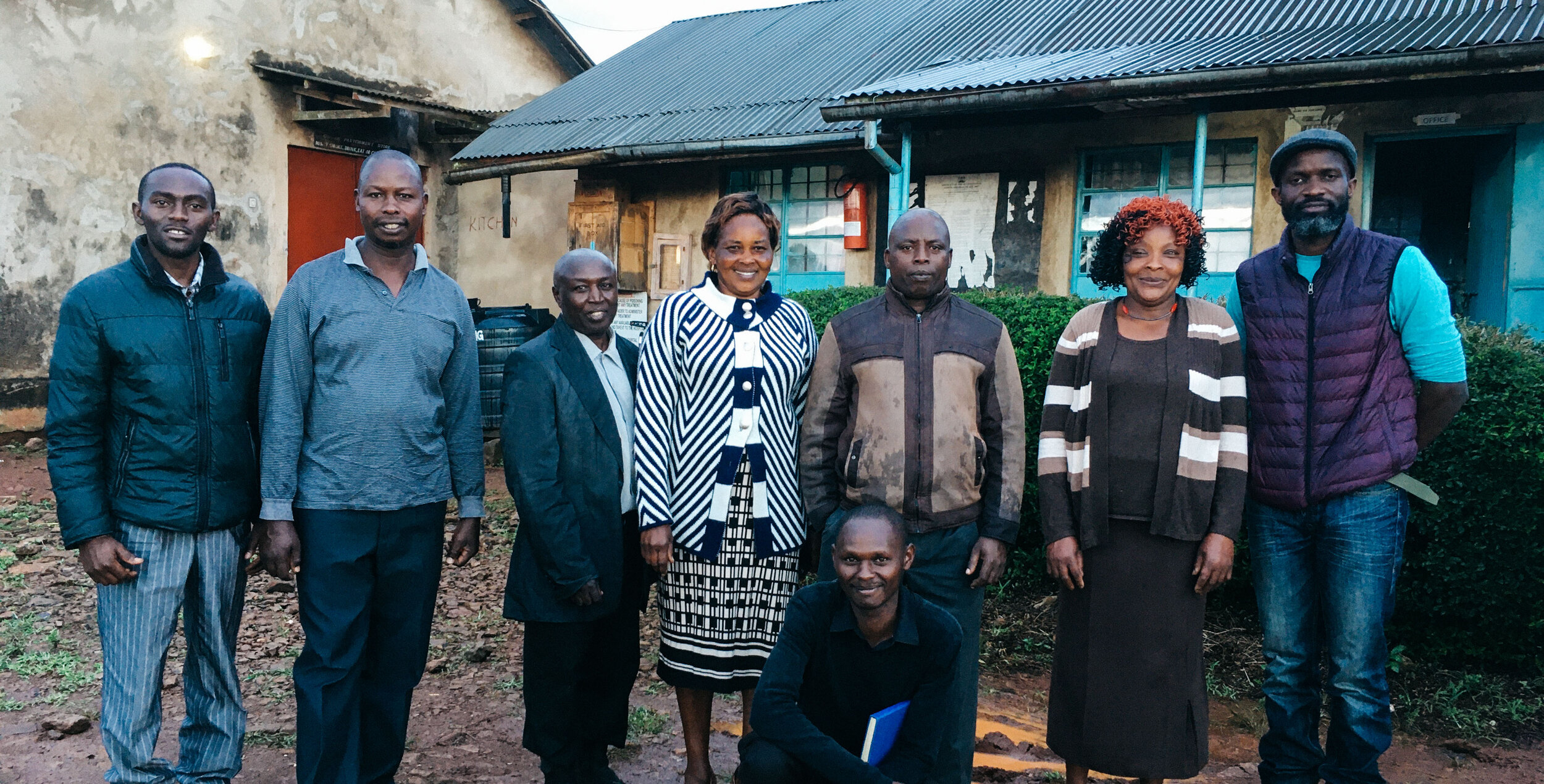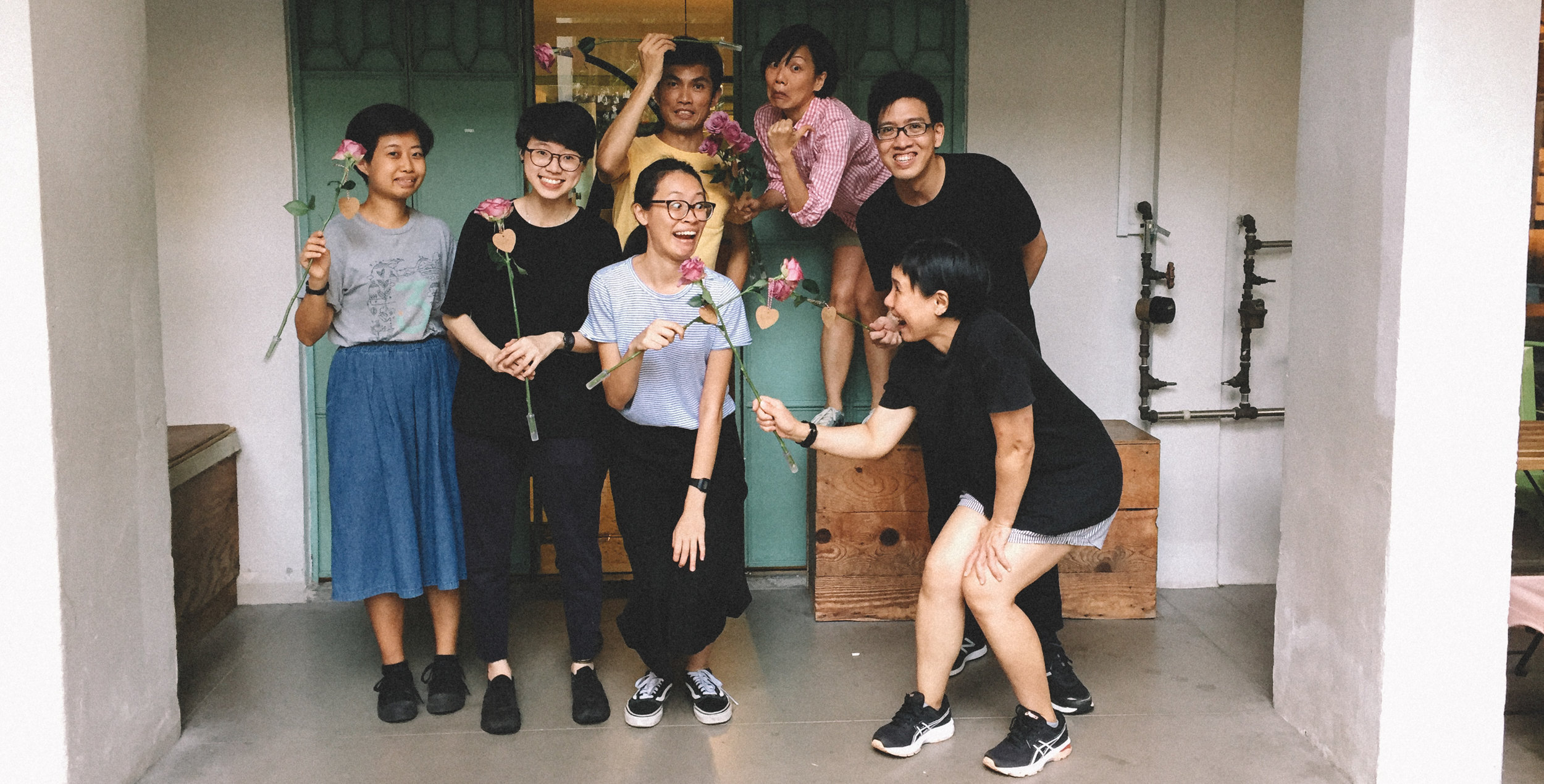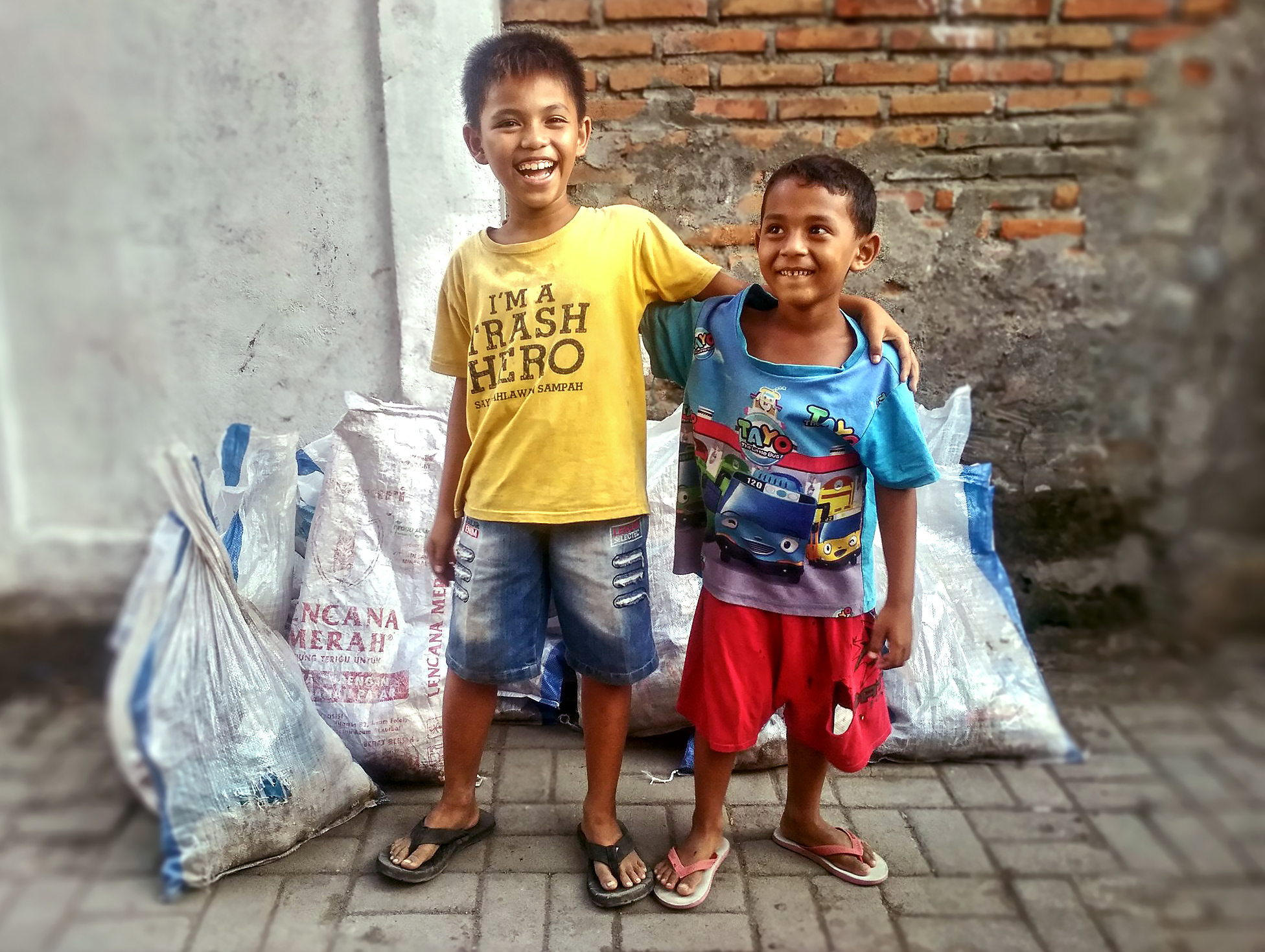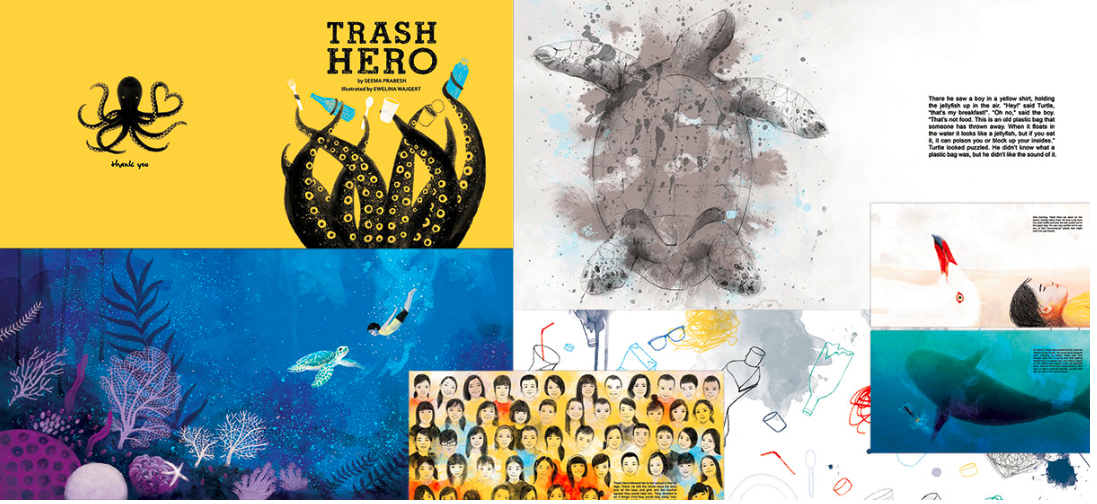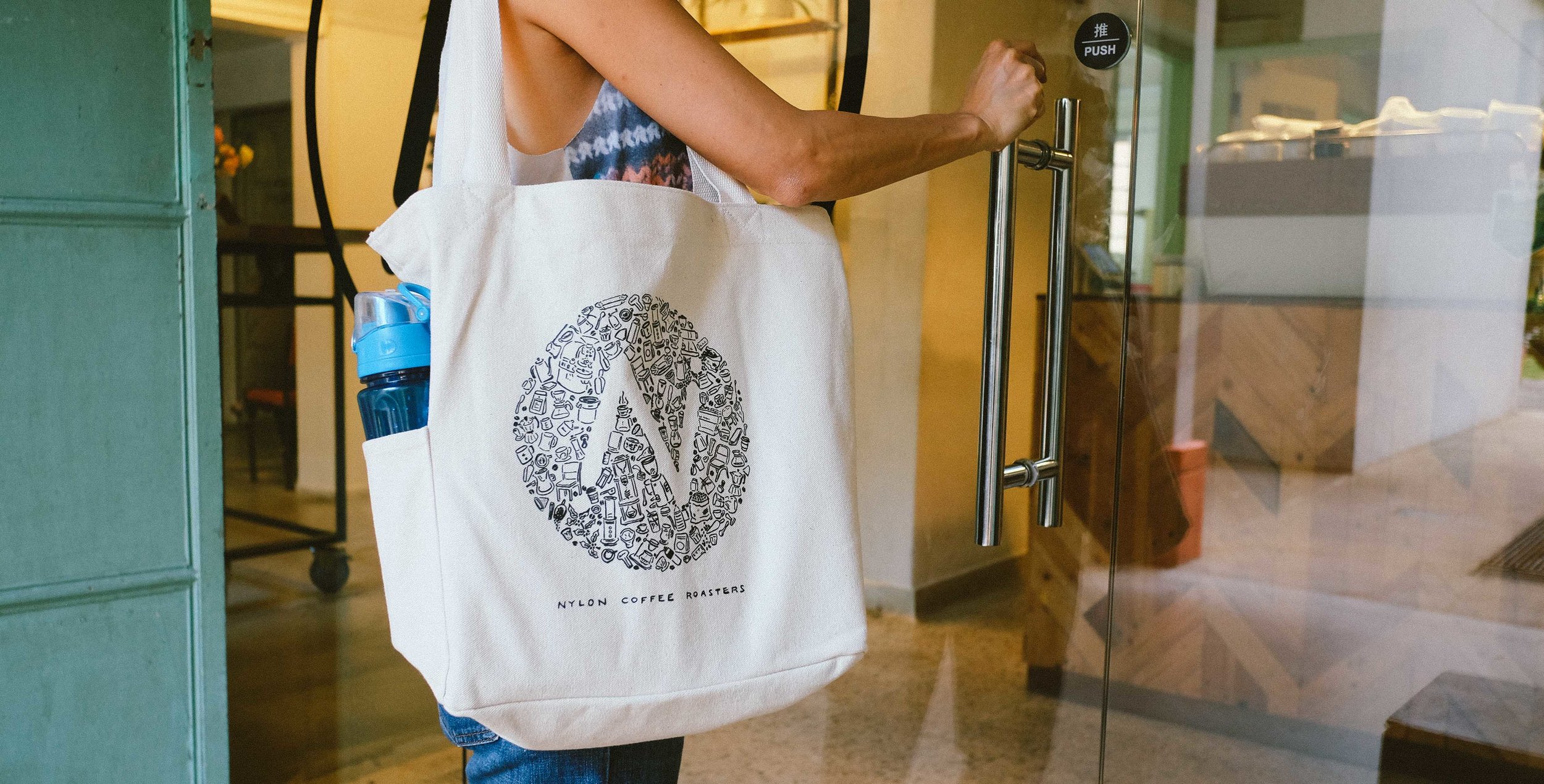First origin trip to Ethiopia and Kenya
Jia Min Lee
Workers picking out defects on the drying beds
Ethiopia, a country with a plethora of agricultural produce, has been on our “bucket list” for the longest time since we started traveling to origins. Running a small roastery business, origin trips take up a lot of resources in terms of time and costs, hence we had been pushing back our plan to visit Ethiopia for the longest time till end last year. Thanks to our friend, Pil, from Coffee Libre, we got in touch with Trabocca, a coffee trading company with a team based in Ethiopia. Tagging along with a group of international buyers/roasters from USA, Europe and Australia, we embarked on our virgin trip, visiting a few coffee regions in Ethiopia and a short visit to Kenya. Before you continue, we have to warn you that this is a fairly long post, with a lot of information and knowledge that we learnt and picked up along the way. So hang in there with us.
Workers arriving in the morning to start work at the cooperative
Background: Coffee growing in Ethiopia is very different to what we see in most other countries in Central or South America. It mostly comprise of numerous smallholders owning an average of 0.8 to 2 hectares. These smallholders deliver their ripe cherries directly to local washing stations (owned by private producers). where they will get paid based on the current cherry prices in the area for that day of delivery. In most cases, the washing stations pay premiums above the market price to attract smallholders when the competition is high and also to reward some for delivering higher quality cherries (e.g. less unripe and over-ripe cherries).
Upon arrival in Addis Ababa, we met the Trabocca team comprising of Boaz, Sean, Yodit and Haddis. The traveling party also included coffee people from various countries, such as UK, Germany, USA and Australia. We set off immediately the day after to Awassa, south of the capital, and drove 4hrs to the region of Yirgacheffe. Our first stop was Idido washing station. When we arrived, we were greeted by a field of drying beds, about 115 of them. This washing station is located at an incredibly high altitude of 2200 masl. Over here, we see women raking the drying parchment and men carrying freshly picked cherries to load into the depulper. The amount of coffee was less than expected due to the wet weather, which has delayed the harvest. Haddis explained that the price for the cherries delivered to this station was 20 birr/kg (1 Ethiopian birr is equivalent to SGD$0.044 at time of writing, 20 birr gives less than a dollar) back then. They practise a 2nd payment to the farmers during the middle of the year as this helps the farmer to manage their finances better. Most producers have no concept of financial management/budgeting, so when the time arrives before the harvest, their coffers are usually dried. The 2nd payment also helps to mitigate their tight cashflow, but this amount is not big, about 3 birr/kg of cherries. Water management is strictly regulated in Ethiopia as any waste water from the washing station has to be dealt with properly in order not to contaminate the soil. The coffee cherries are delivered in the late afternoon, but the washing is done at night till early morning. The local law requires the coffee cherries to be processed within 8 hours after picking. After the cherries are de-pulped, they are pushed through washing channels, which help to separate the coffees into different grades based on the density of the beans. The heaviest beans would be classified as Grade 1, which would be exportable. The coffees are then further soaked for another 12 hours in clean water before being transferred to the raised beds for drying.
Very warmly welcomed by Faysel at Aricha washing station, where we spent the night observing the activities that goes on through the night, from arrival, depulping and washing of the cherries.
Bidding farewell, we set off to the next stop, the Adorsi washing station in Aricha, owned by Faysel A. Yonis, founder of Testi Coffee. Testi Coffee is an exporter and long-term partner of Trabocca. Adorsi is a relatively large washing station with about 700 smallholders in the surrounding areas as well as remote farmers who send the cherries to this station. The cultivars are a mix of local improved varieties, plus local landraces like Kurume and Wolisho. Mr Faysel was there to welcome the group himself, and introduced us to his team who is running this washing station. As the sun sets in the horizon, coffee cherries also started to arrive after the day’s pickings. After dinner, we headed back to the washing station to watch the work that has been going on. Bags and bags of cherries reached the depulping point and cherries are loaded into a concrete tank which channels the cherries into a traditional Agaarde Discpulper. This demanding work requires the men to work through the night to ensure that the cherries are processed as soon as it arrives at the washing station. The traveling party stayed a night at the washing station and early next morning, after breakfast, we witnessed the most amazing pre-work sing & dance session by the ladies working at the washing station. The energy was infectious and even though we did not understand their language, we felt extremely privileged to be part of this joyful routine. As the morning sun sets in, we left Adorsi to visit more washing stations in Yirgacheffe.
Drying parchment on raised beds at Worka Sakaro. They are moved into a heap during the height of the afternoon sun to reduce fluctuations in the temperature of the drying
A few hours drive away, we visited 2 other washing stations in the town of Worka Sakaro. The first was the Halo Beriti washing station, which is owned by a local coffee exporter, GNF. The second washing station is named Worka Sakaro. This was a coffee that we featured last Sept and we are really excited to visit the origin of this beautiful coffee. The Worka Sakaro washing station is owned by Ato (Mr) Mijane. Ato Mijane Worassa established his washing station in the mid-90s and went through a long and arduous journey of savings through 17 years of growing corn, before he could fulfil his lifelong dream of becoming a coffee exporter. His son, Daniel Mijane, left his previous job at the Gedeb agricultural organization to help his father to manage the mill. It is always heartening to see the younger generation take on the family business and continue the coffee trade despite the challenges involved.
Alemayehu Daniel walking the group through his farm
The final visits of the day were not washing stations, but small local producers who are past winners of the Ethiopian Cup, which is a specialty coffee auction of Ethiopian micro-lots organized by Trabocca. We met Tibebu Roba, smallholder and last year’s auction winner, with a 8.5 ha farm inherited from his father. Without easy access to a water source, Tibebu only does natural process for his coffees. During last year’s Ethiopian Cup auction, Tibebu’s coffee scored an incredible 91 points for the coffee that he produced and he took home an astounding USD 33,658 premium for his 572kg lot. Super well done!
Our next producer whom we dropped in to visit is Alemayehu Daniel, a young producer who owns 10.3 ha. He started exporting himself 2 years ago and his coffee came in 3rd place in the Ethiopian Cup last year but finally took 1st place in 2019. Events such as the Ethiopian Cup help to spur local farmers to focus on quality and not just quantity.
The following day, we set off to Shakisso, a town located in the Guji region to meet Mr Tesfaye Bekele, owner of Suke Quto. He is the pioneer in growing specialty coffee in Shakisso, which used to be a gold mining area and is quite a celebrity in the coffee world. Tesfaye introduced nitrogen fixing trees and also decided to keep shade trees and focus on processing instead of growing more coffee. He does not use chemicals or fertilizers, therefore his production is considered low compared to a commercial scale farm, with approximately 10kg of green coffee per hectare of land.
Tesfaye Bekele, legendary producer of Suke Quto
He has 2 washing stations, one for washed and honey processed coffees, another is for natural processed coffees only. For washed and honey processed coffees, the station is located higher up because the water source is cleaner. On the side, Trabocca has also helped Suke Quto to achieve organic and Rainforest Alliance certification, which creates a wider market for Tesfaye. Besides his own farm, Tesfaye also works with 273 out-growers (folks who do not live within the usual radii of the washing station), covering about 570 ha of land. He believes in planning for future generations by planting trees to prevent erosion and safeguard communities in Shakisso. By providing seedlings to out-growers, he helps them to grow and create a sustainable livelihood.
One of the 2 washing stations of Suke Quto. This one does only washed coffees
To encourage better picking of the ripe cherries, Trabocca and Tesfaye launched Operation Cherry Red (OCR) that pays almost double the market price to cherry pickers for only harvesting the cherries of the right ripeness. Here’s a summary of what is typically paid to the respective:
Pickers are paid about 90 birr/day based on the weight of the cherries delivered to the washing stations
Those who work on the drying beds are paid 70 birr/day
Washers are paid 80 birr/day.
A worker moving the coffees through the washing channels
During the peak of the harvest, he hired 1370 workers for Suke Quto! Over the years, Tesfaye has demonstrated that perseverance is a key to his success today, and he has also made a point to give back to the community by providing accommodation for his workers and building a school for their children.
Tsefaye built this school for the children of the villagers working for him
Before flying back to Addis Ababa, we took another long drive to visit the Gora Kone washing station in the Arsi region, which is also owned by Testi Coffee. For those who recalled, we served this beautiful Ethiopian coffee at Nylon back in August last year. The coffee left a deep impression because it was so clean and the green coffee were almost free of defects. Due to the remoteness of the washing station, it took us a good 5 hours drive on some back breaking roads to reach. The community is predominantly Muslims and they have never had any foreigners visiting them before! The 9 year old Gora Kone station provides an income for 1100 smallholders who stay within 5km from the station and is named after a mountain nearby. It exports about 30 containers and has over 300 drying beds.
The remote washing station of Gora Kone
What we found impressive about this washing station was that while the infrastructure looks basic, the quality of the coffees that come from this station was really immaculate! We felt very accomplished at the end of this visit to see with our own eyes that good, delicious coffee does not require modern equipment or expensive machinery, but a group of hardworking individuals who know what to do and how to do it well for better quality that translate to better prices.
Moving coffees on the drying beds at Ndairoini
The group returned to Addis Ababa to catch a flight to Nairobi, where Trabocca has been working on a very interesting project over the past 2 years. Kenya has always been a very sought after coffee origin. Coffee lovers around the world recognise the uniqueness of the “Kenyan cup profile”. Yet, volume output dropped rapidly in recent years and quality Kenyan coffees are becoming scarce. As green coffee buyers, we also face the same challenge when we try to source for high quality Kenyans year after year. Here, in Nairobi, we met Peter Muchiri, the founder of Rockbern Coffee, who gave us an insight to the various issues that led to the current situation in the Kenyan coffee supply chain. The smallholders have struggled to make ends meet because of the lack of transparency and unethical manipulation of coffee prices. They are stuck in a vicious cycles where they receive low prices and late payments for the coffee cherries they deliver. To overhaul the system so these smallholders can have a better livelihood and to make a sustainable living from coffee farming, Trabocca partnered with Peter, to revolutionise the way coffee is sold to international buyers. This movement started with working with a group of smallholders from the Ndaroini washing station and Gikanda Cooperative Society Ltd, who have been frustrated with the system.
Mr Joseph (third from left), Michael (squatting) & Peter (far right), with the rest of board members of Ndairoini
Our itinerary revolved around understanding the Ndaroni project and how we, as coffee buyers, can potentially contribute to this cause. In January 2019, Ndaroni Coffee Ltd. was formed. It has a shareholding structure so each farmer owns shares of this company. With this new model, the Ndaroini farmers are paid upfront - instead of months later, which is customary. In February 2019, they received Ksh 100 (Kenyan Shilling, equivalent to SGD$1.38 at writing) per kg cherries and an additional Ksh 21 to the factory of Ndaroini to run and upgrade the facilities. This was probably one of the highest of prices ever received by the farmers in Kenya.
Ripening cherries of the famed SL28 variety commonly found in Kenya
We spoke a few of the key members of the Ndaroini Coffee Ltd. Mr Joseph Mukuha, the Chairman, of the company, introduced us to the team. Michael, is the manager of the company. He is young, at 28 years old, he takes charge of the running of the Factory. The Board hopes to groom the younger generation to take charge, so they can incorporate new ideas and new technology to help improve quality and production. Ndaroini Coffee Ltd has enrolled 1490 farmers. The average size is 0.25-0.5ha for coffee and the farmers typically grow other crops for sale or for own consumption. Ndaroini separate the smallholders into 7 zones. In order to achieve uniform quality, the application of fertilizer and copper has to be applied in a systematic manner, hence Rockbern has hired an agronomist to work with the smallholders to improve overall quality. After working with Trabocca, Michael informed us that the production has doubled. This year, they are expecting to export about 5 containers worth of green coffee. This substantial increase is a result of the motivation by knowing exactly how much they will receive for the cherries delivered to the washing station.
We ended the short stay in Kenya with a cupping session at Rockbern cupping lab. It was a preview of the early harvest and we also tasted some coffees processed with non-traditional methods, such as anaerobic fermentation. The experiments on anaerobic fermentation is one of the projects Ndaroini started this year as there has been an increasing demand from overseas buyers for more “exotic” profiles. It is interesting to see how the local cuppers perceive the cup quality of these non-traditionally processed coffees. We do think their washed coffees have plenty of potential and we can’t wait to cup them again when the samples are ready.
The whirlwind trip has been truly rewarding. Ethiopia was enigmatic. Ndaroini Coffee Ltd showcased the entrepreneurial spirit of Kenyan coffee growers. While it was a short trip, we felt we have learnt so much about these 2 highly regarded coffee origins. Visiting the country of origin enriches our understanding of the coffee chain and we can then share the knowledge with our customers. We are grateful to Trabocca for having us onboard this trip. It is great to see a coffee company with so much compassion and dedication to help coffee growers. As roasters/coffee buyers, we hope we can contribute to better lives for those who provide us with beautiful coffees.
Sorting cherries after they are delivered to the factories by individual smallholders
We are currently cupping through samples from Ethiopia and Kenya from some of those washing stations we have visited and they are really tasting so good this year! We are finalising our orders and should have the coffees shipped out really so and can’t wait to share the fruits of this unforgettable experience with you.
Stay tune for more updates of the arrival of the coffees or head over our IG to experience what we saw!











